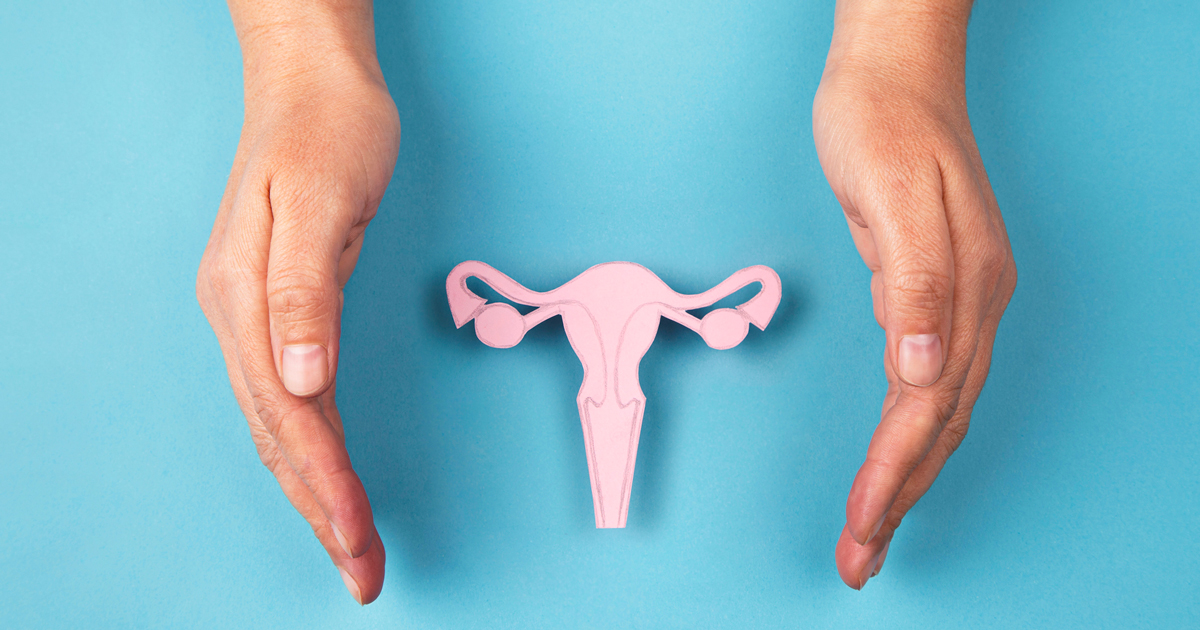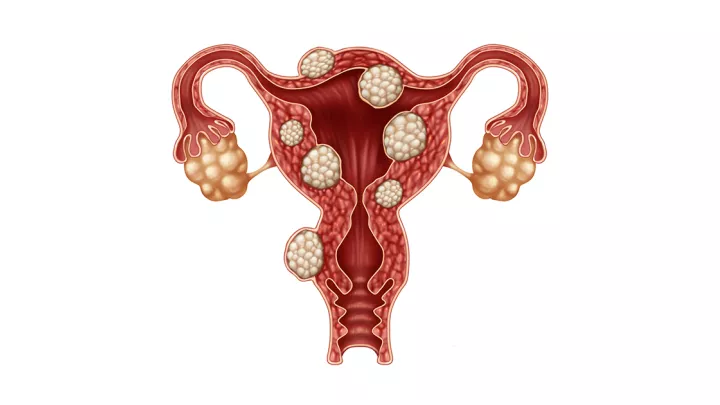Everything you need to know about colposcopy, if it hurts and why you need it

A colposcopy is a procedure that many women are probably not familiar with until they've been told by their doctor that they need one. But don't be alarmed.
It's a procedure that allows your doctor to visually examine the cervix, vagina and vulva. It is usually done in your doctor's office, and it is performed following an abnormal Pap test, which typically indicates the presence of cervical dysplasia. Cervical dysplasia, or precancerous lesions, involves abnormal cells that grow on the surface of the cervix. Without treatment, these cells can lead to cervical cancer.
News that you need a colposcopy to examine precancerous cells can be scary and alarming.
"However, it's important to remember that most people with cervical dysplasia don't get cancer, especially if they are diagnosed and treated early on," says Andreea Newtson, MD, Nebraska Medicine gynecologic oncologist. "Cervical cancer has a well-defined natural history and grows slowly. We understand how it progresses, so we know when to do the appropriate screening and follow up to prevent it from becoming cancer."
A colposcopy helps diagnose and prevent cancers of the cervix, vagina and vulva. It is performed by brushing vinegar onto the surface of the cervix and vagina (or vulva, if there is concern for vulvar dysplasia). Dysplastic cells turn white when they come into contact with vinegar. Your doctor will then look for these white lesions when examining the cervical area using an instrument called a colposcope. If white lesions are found, a tiny biopsy of the lesion will be taken to confirm if they are precancerous.
"Because the cervix does not have any pain receptors, the procedure does not require anesthesia or numbing of the area," says Dr. Newtson. "However, the biopsy can cause some cramping of the uterus, and in rare cases, it may cause dizziness or lightheadedness."
Not everyone who has an abnormal Pap test will be an automatic candidate for this procedure. "Determining whether to perform a colposcopy is based on several factors, including your dysplasia history, your most recent pap test and HPV status," says Dr. Newtson.
In addition to getting regular Pap tests, one of the other most important steps you can take to prevent cervical cancer is getting the Gardasil vaccine if you are eligible, says Dr. Newtson. Men and women can get Gardasil starting at age 11 up to age 45, although it is most effective if received before the age of 26.
"The Gardasil® vaccine protects against high-risk strains of the HPV virus," explains Dr. Newtson. "Certain strains of the HPV virus can cause dysplasia, cancer and genital warts. HPV can also cause cancers of the head and neck, vulva, vagina, penis and anus. Populations with high uptake of the HPV vaccine have greatly decreased cervical cancer rates. It is one of the only vaccines we have that can actually prevent cancer."
Having HPV is nothing to be ashamed about. "The virus is like the common cold of the cervix," says Dr. Newtson. "The CDC estimates that nearly all sexually active men and women will get HPV at some point in their lives."
HPV becomes more concerning as you get older because your body loses some of its ability to fight it off, which increases the risk that it could lead to cervical cancer, she explains.
Even if you get the Gardasil® vaccine, Dr. Newston recommends that you continue getting regular Pap tests, as there is still a risk of getting HPV even with the vaccine.
"No one should get cervical cancer anymore," says Dr. Newtson. "The rate of cervical cancer has decreased significantly in the United States, and that's largely due to more women getting regular Pap tests, as well as the introduction of the Gardasil® vaccine, which protects against high-risk strains of HPV. But we still have work to do. Vaccination rates are very low and have dropped even lower during the pandemic as have Pap visits. Cervical cancer still kills too many women and it really shouldn't even exist."
Please call us at 800.922.0000 to schedule an appointment with one of our doctors to schedule a Pap test and physical.







